I use a Webserver for my Website. It has a MySql database with all the data and the Charset is set to UTF-8 so everything is correct on the Database side and also, on the Webserver i have some images with the name of the respective MySQL Content.
For example a field in MySql is Caffè and I also have an image called Caffè.jpg in another folder.
Now, i use PHP to build the page and i've already made sure that the content is interpreted as UTF-8 by doing this: header("Content-Type: text/html; charset=ISO-8859-1");
So take a look at this image:
As you can see, the HTML Page has the right name of the file: Caffè.jpg, but when the Browser asks for the image using GET, the è is not interpreted in the right way.
Could this mean that GET Requests don't accept those type of characters?
This is how I get the name of the file:
<img src=\"./STRUCTURE/IMAGES/".$datas[$i]['name'].".jpg\" class=\"card_image\">
This might be useful. Thanks in advance.
